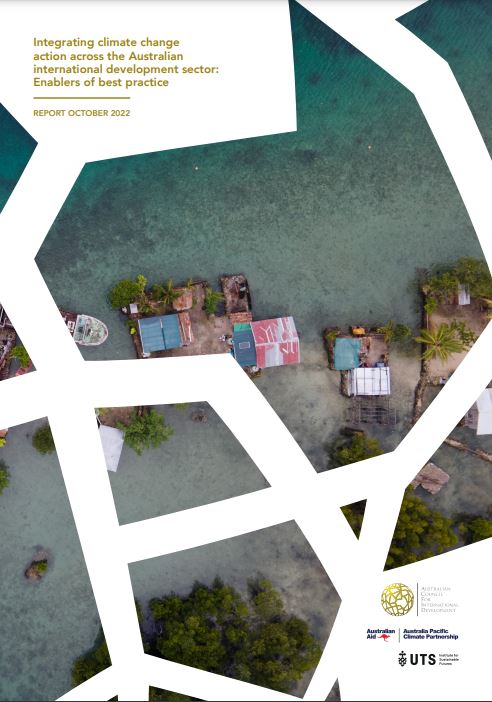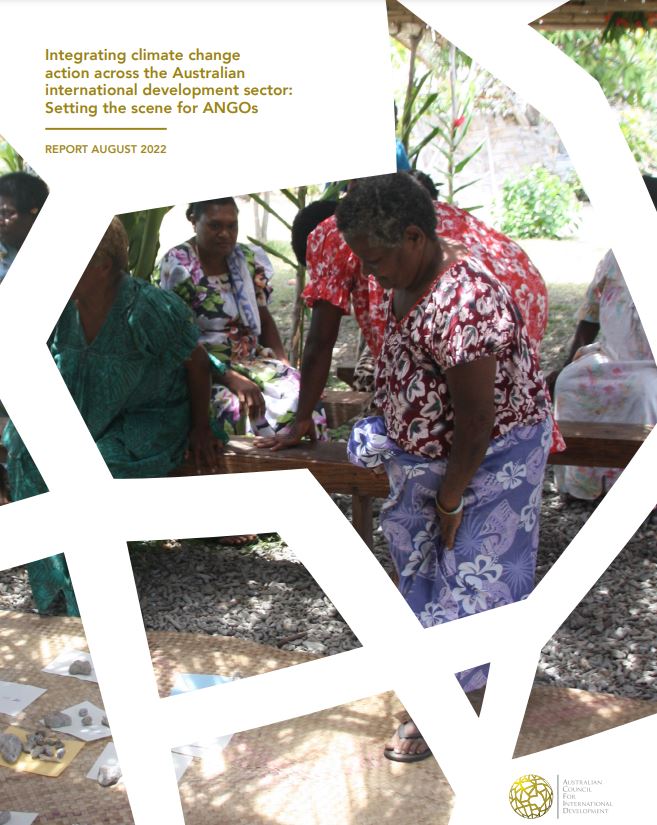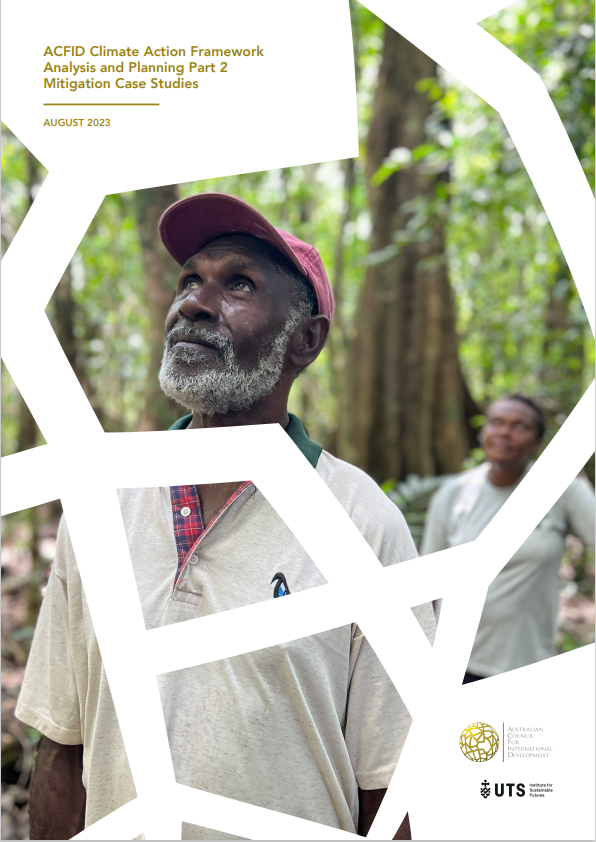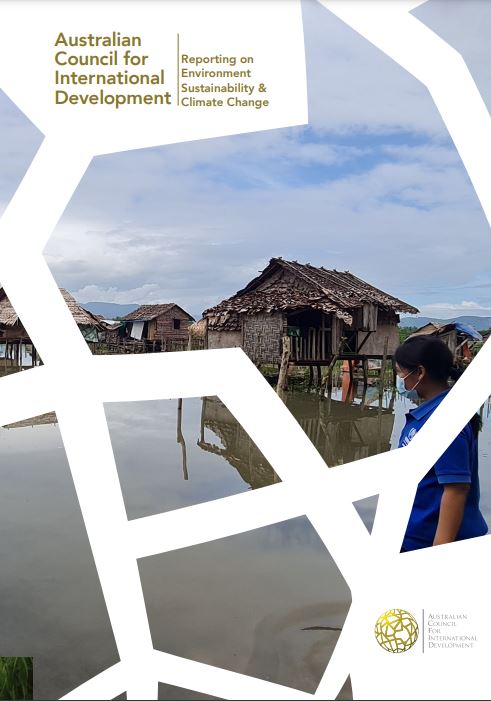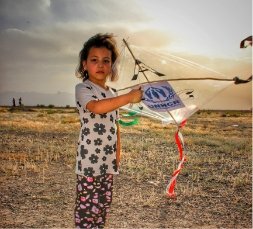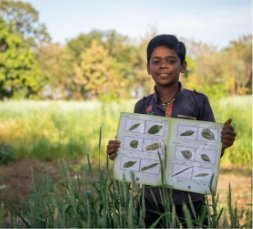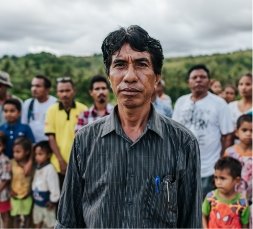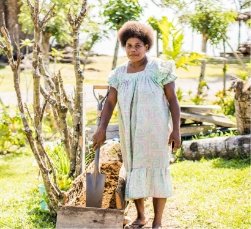Combatting Climate Change

Surfers in Solomon Islands. SurfAid’s mission is to improve the lives of women and children in remote areas connected to them through surfing. Their geographical focus on the heartlands of surfing, where few visitors but surfers go, make their work unique. SurfAid support communities in the Mentawais, Nias, Sumba & Sumbawa in Indonesia, Solomon Islands, and Baja California, Mexico. Photo: Matt Dunbar/SurfAid.
Climate change is an existential threat to humanity and our development. Action on climate change is one of ACFID’s highest priorities in our Strategic Plan 2020-2025. ACFID is endeavouring to ensure that responding to climate change becomes a fundamental pillar of Australian inclusive and sustainable development and humanitarian policy and practice. To achieve this, ACFID and its members will act with clarity, consistency and urgency in responding effectively to climate change.
Policy and advocacy on climate change
Climate change will disrupt and reverse economic and human development. Our Pacific neighbours have reaffirmed climate change as the single greatest threat to the livelihoods, security, and wellbeing of the peoples of the Pacific.
In ACFID’s 2021 Advocacy Agenda, ACFID called on the Government to;
- Incentivise the delivery of environmental benefit through elevating the environment (and climate change adaptation) as a core investment in the development policy post COVID-19 strategy and allocating specific budget to nature-based solutions.
- Urgently develop a clear, effective and credible pathway to meet a target of net zero emissions by 2040, recognising the immediate impacts of climate change on our neighbours and other vulnerable regions.
- Ensure that new, additional and transparently reported climate funding prioritises community driven responses that provide access for the most vulnerable communities in our region to adapt.
- Enhance the commitment to mainstreaming climate change in the development program by ensuring 90 per cent of all new aid investments programs over $10 million incorporate climate change risk, impacts and opportunities.
To achieve this, ACFID is:
- In the lead up to the 2022 Federal Election, ACFID, in collaboration with our members, developed a policy brief which outlined ideas for shaping Australia’s development cooperation and humanitarian assistance to address the challenges of climate change.
- Engaging with DFAT and UNDRR on the Asia-Pacific Ministerial Conference on Disaster Risk Reduction (APMCDRR) 2022
Development practice on climate change
The ACFID Climate Action Framework supports Australian international development NGOs to increase their engagement and action on climate change.
A common challenge for many actors wanting to engage in climate change issues is to understand the role they can play and where they can be most effective. This framework provides a clear typology of climate actions relevant to Australian NGOs. The framework aims to increase the understanding of the types of action that can be undertaken at different levels of action and provide clearer entry points for organisations wanting to start working on climate change or seeking to step up their work.
To learn more about the Climate Action Framework, get started with the framework summary, read the full research report, or explore the climate action resource hub.
Extending the ACFID Climate Action Framework is the ‘Integrating Climate Change Action‘ publication, designed to provide practice based guidance for integrating climate change action across the Australian international development sector through a research partnership with the Institute for Sustainable Futures, University of Technology Sydney. This included leading an ACFID Conference session and producing guidance, case studies and learning tools on enablers for best practice.
DPC Climate Action Subgroup
The DPC Climate Action Subgroup (CAG) work focuses on the practice of climate action through research, advice and engagement. This year, the CAG will carry out research that will progress ACFID’s Climate Action Framework into practical actions that the Australian development sector can take to integrate climate into their development programming. Key outputs of this work will be a ‘Setting the Scene’ document, an ‘Enablers of Best Practice’ document, an interactive workshop at ACFID’s annual conference, and learning tools that will be made available on ACFID’s Climate Change website. These include case study examples that demonstrate the ways ANGOs can consider climate change in aspects of their work and an alignment of ‘best practice’ against each of the 9 domains listed in the ACFID Climate Action Framework. Other activities include consultation and provision of climate action advice for ACFID’s Code of Conduct Review.
Climate Action Peer Learning Program
ACFID and its Development Practice Committee (DPC) are excited to announce a unique learning opportunity that will be available to members in the first half of 2024. The Climate Action Peer Learning Program will bring together small groups of members to share, learn, reflect and plan together for strengthening climate action within their organisations.
These small groups (“Learning Pods”) will each build their own unique learning program from a menu of topics including strengthening climate adaptation or mitigation at the organisational, programmatic or advocacy levels. There will also be opportunities to jointly explore the revised ACFID Code of Conduct criteria related to Climate Action, and share good practice about ANCP accreditation and reporting elements related to Climate.
The Learning Program is currently in development, and will include guided access to topic specific curated resources; guidance on reflection and discussion questions for Learning Pods to work through together; and, tools for action planning that arises from sessions. Guidance on the facilitation of the sessions, and on the technical content arising from the Learning Program will be supported by workshops at the beginning and end of the Learning Program; check-ins with technical experts and other Learning Pods via the ACFID Climate Policy and Practice Community; and thematic webinars that will take place throughout the Learning Program period.
We anticipate there will be a small cost to organisations that participate – no more than $500 per organization (no more than $200 for Small Members). This is an estimated cost, and will change pending numbers of organisations that register.
ACFID is now receiving expressions of interest for this exciting learning opportunity. To register your organisation’s interest and receive updates on the Climate Action Peer Learning Program, please register here or contact Anne at [email protected]
Events
ACFID reaffirms our call to action on climate change through events that we hold / attend.
Conference 2022:
The Annual Conference for 2022 was focused on the theme of Healthy Planet, Healthy Communities: acting with evidence, equity, and inclusion for a resilient future. You can read more about the Conference on the page here.
Past Conferences:
View ACFID’s previous conferences here.
Resources
Integrating climate change action across the Australian international development sector: Enablers of best practice
Provides grounded and practical examples of best practice for climate change integration. Case studies are linked to different aspects of ACFID’s Climate Action Framework to demonstrate the various approaches some organisations have taken to integrate climate action into policy, programs and practice.
Integrating climate change action across the Australian international development sector: Setting the scene for ANGOs
Describes the system in which Australian NGOs operate for integrating climate change considerations in their development programming.
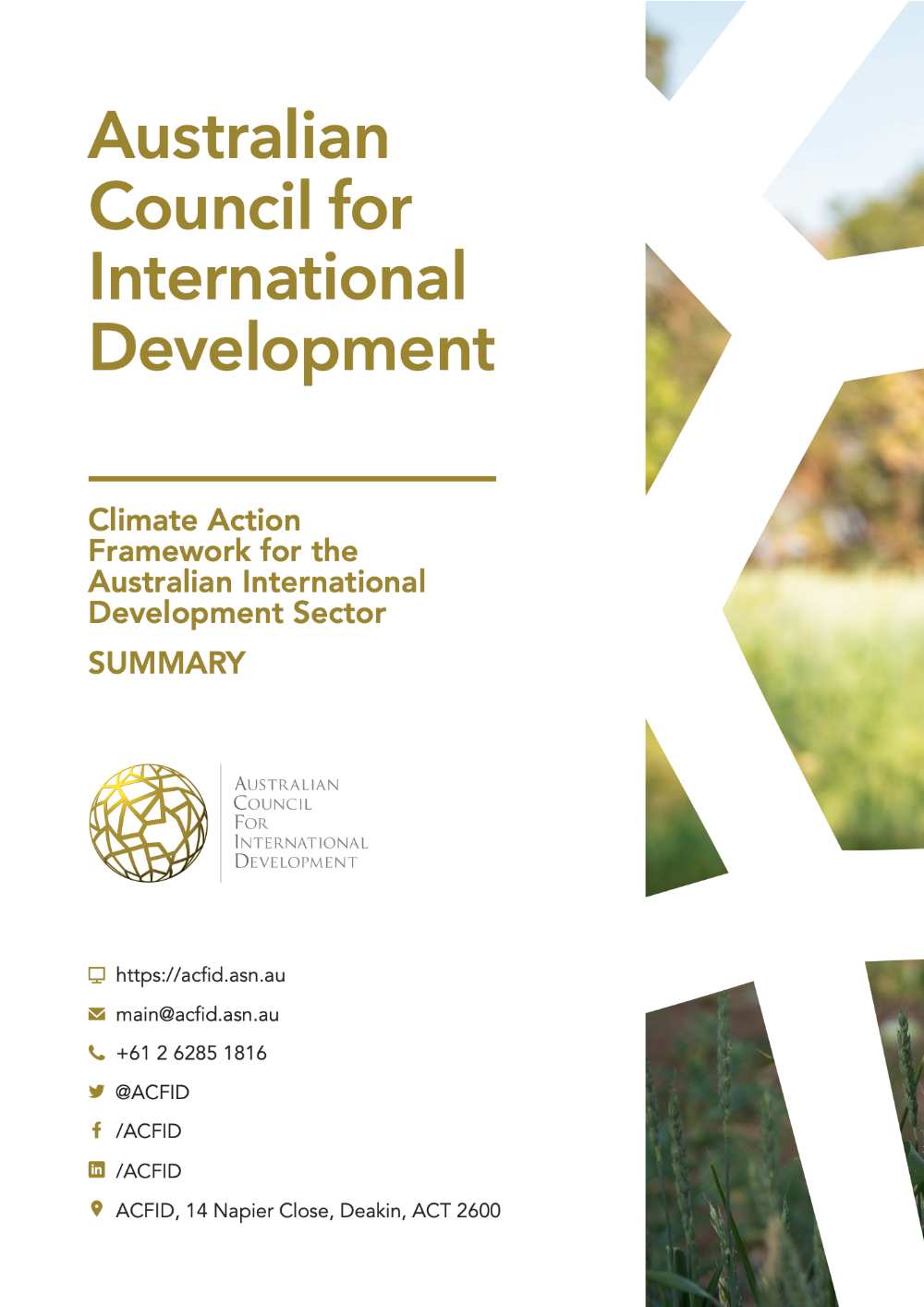
Climate Action Framework - Summary
Provides a summary of the framework which addresses climate action.
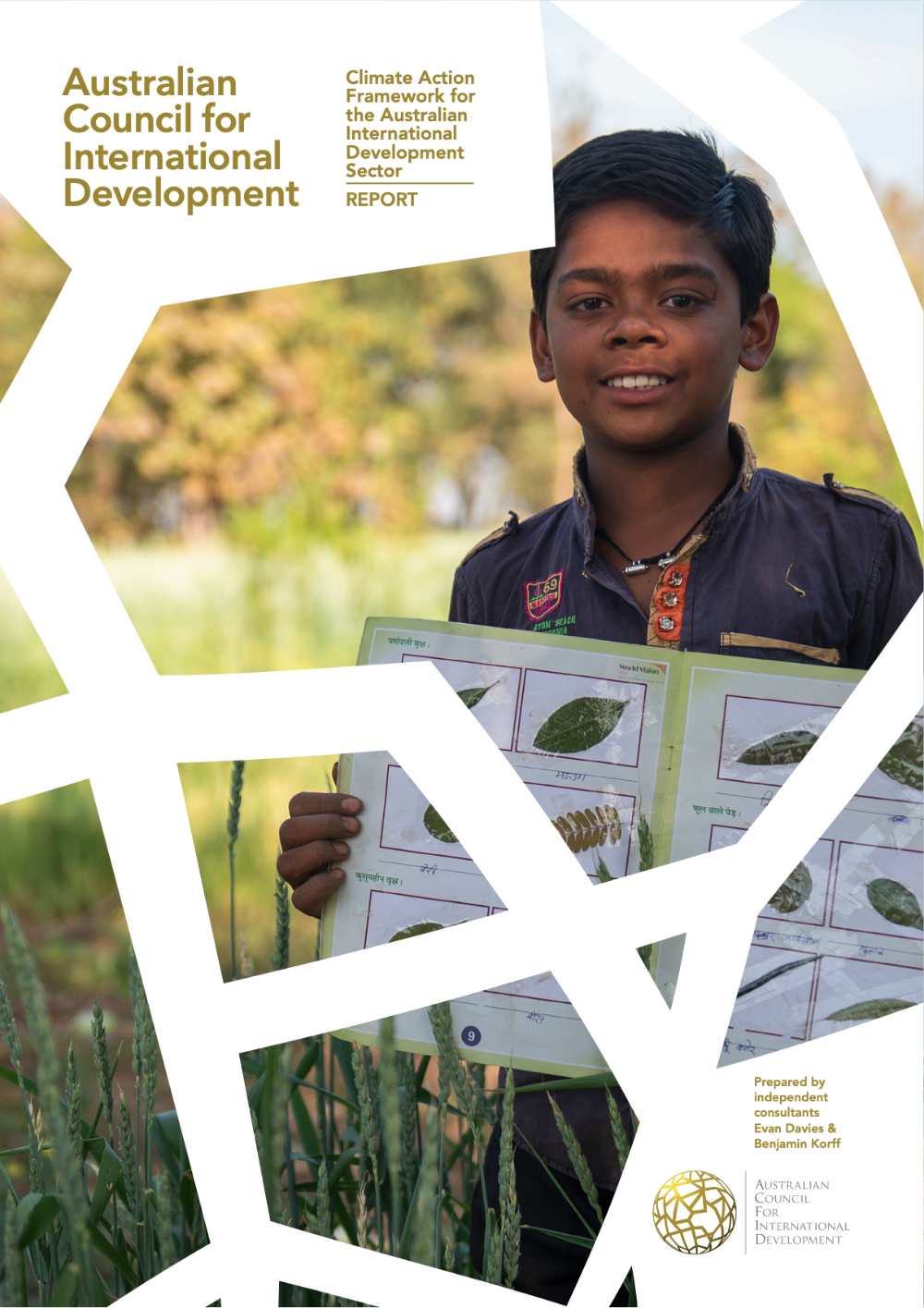
Climate Action Framework - Full Report
This framework seeks to address this issue by providing a clear typology of climate actions relevant to Australian NGOs.
Climate Action Framework - Mitigation Case Studies
This report provides lessons learnt and case studies that demonstrate mitigation aspects of the ACFID Climate Action Framework.
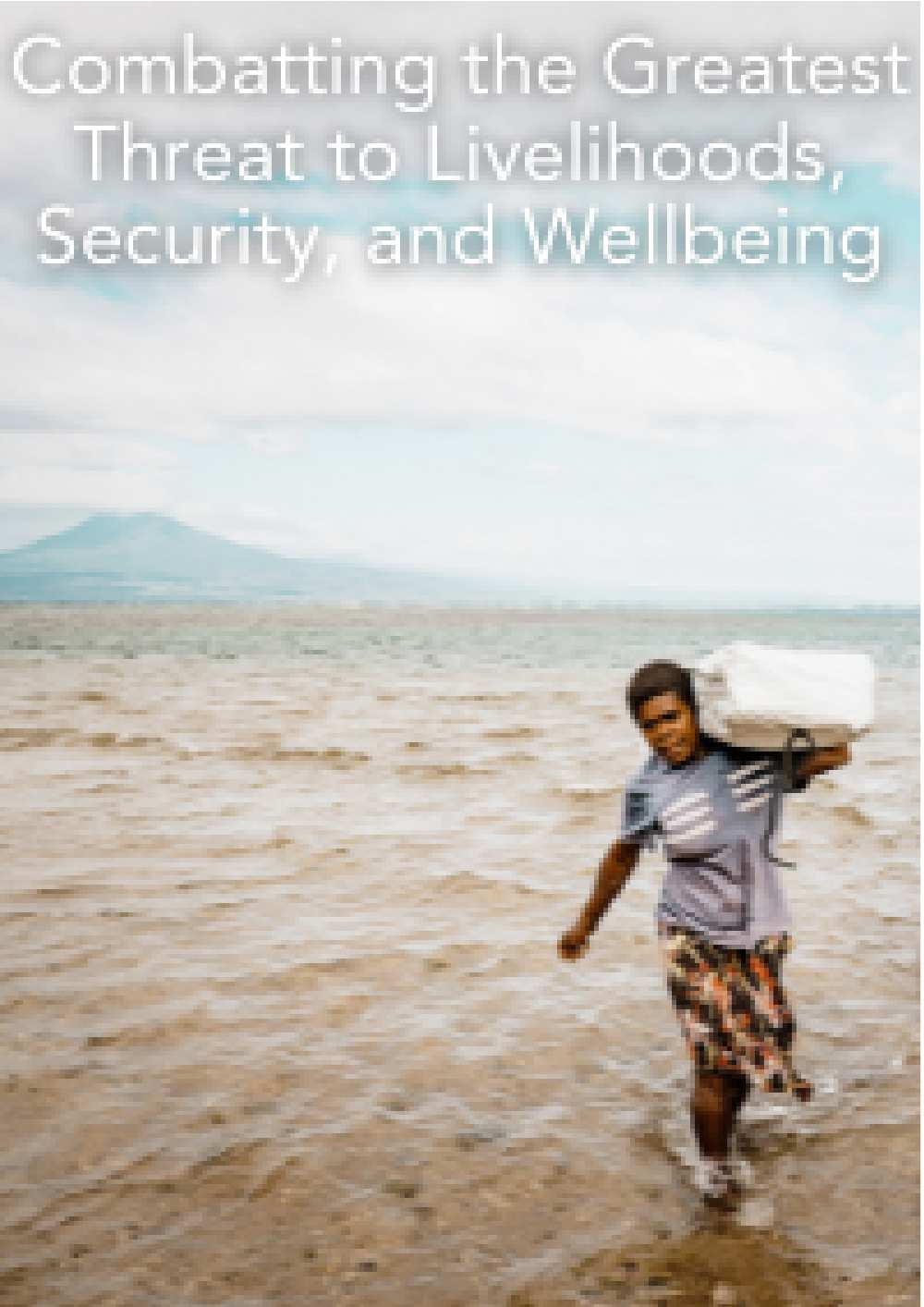
Climate Change Policy Brief
Climate change will disrupt and reverse economic and human development. This brief outlines calls to the incoming government to act on climate change.
Reporting on Environment Sustainability and Climate Change
An outline of regulatory requirements and ACFID Code of Conduct requirements for sustainability reporting and examples of reporting from ACFID members, the not-for-profit sector and the for-profit sector.

Join ACFID’s Climate Policy and Practice Committee
ACFID’s Climate Policy and Practice Committee meets regularly to discuss climate work amongst members.

Learn with ACFID: Introduction to Climate Change and Development
Take the Introduction to Climate Change and Development online course now.

Climate Action Resource Hub
View and share resources across ACFID members’ climate work.




